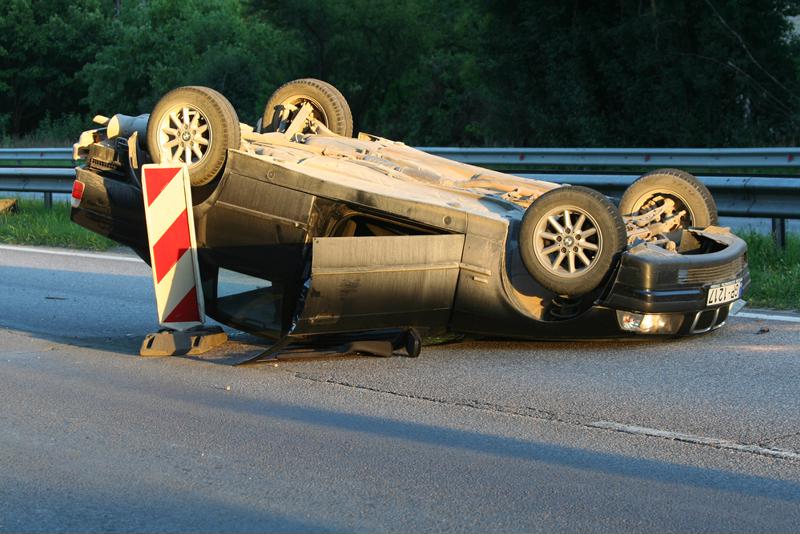

When automakers find braking problems in their vehicles, the results can be devastating. Recalls affecting hundreds of thousands of vehicles and high-value fines are some of the consequences, along with lost reputation among the consumer base.
There's no need to tell automotive leaders just how important it is to test and tune brake systems intensely before vehicles roll off the assembly line. That said, there is value in hearing the stories of recent problems that have been revealed around the world: Each one acts as a sign of things that can go wrong, as well as the consequences when a braking defect makes it all the way into mass-produced cars or trucks.
The following are three recent brake-based issues observed in cars, each leading to major action, whether in the form of a costly recall or a notable fine.
Fiat-Chrysler issues double recall
Problems severe enough to trigger a recall are always bad news, but these issues can be especially crushing to a brand when more than one appears at a time. According to USA Today, Fiat-Chrysler recently faced such a situation, notifying over 500,000 drivers of an anti-lock brake defect and another 700,000-plus about airbag faults.
The two recalls affect different makes and model years without overlap, meaning that each vehicle is only susceptible to one of the problems, not both. Focusing more closely on the brake issue, the affected part is the alternator. In some cases, the alternator problem causes problems with both anti-lock brakes and stability control systems. According to USA Today, two accidents may have been caused by the anti-lock problems. Fortunately, no one was injured in the incidents.
The scale of the recall is notable, with over half a million sedans, coupes and SUVs from the model years fro 2011 to 2014 going back for work. When reported alongside the even larger airbag recall, the number of cars involved rises to over a million. The costs of such a large recall - and the negative publicity that comes along - show the importance of detecting and countering faults early.
Volkswagen adds to software-related recall
Rather than facing two separate recalls at the same time, Volkswagen recently had to deal with a software-related braking recall that nearly doubled in size. The Drive reported that following a 385,000-car recall affecting the VW, Audi and Skoda nameplates in Germany, the automaker added 381,000 more vehicles. Not only does the recall affect nearly 1 million vehicles, the fact that it was discovered in two stages means it will be reported twice, dealing potential harm to Volkswagen's safety reputation twice.
According to The Drive, the problem is related to anti-lock braking systems. A "thermomechanical overload" could prevent the system from working correctly. Instead of having to replace mechanical parts, the problem is being addressed through software updates. Even this relatively simple option, however, is no relief to brands - it's obviously much better not to have to recall vehicles at all.

Nissan verdict reaches the multi-millions
A recent Courtroom View Network report explained that a verdict against Nissan America recently totaled $25 million, with the jury finding, 10-2, that the automaker is responsible for a death in a case related to brake failure in the 2004 Infiniti QX56. A charge of manslaughter was originally brought against the driver in the fatal accident. However, after the discovery of a class action lawsuit regarding brake failure in related vehicles, the automaker was brought in as a defendant.
The $25 million awarded is a high number, but could have been higher, considering that the representatives for the family of those who died in the crash sought $231 million in punitive damages. This case didn't deal with a recall, but rather the lack of one - the suit against Nissan claimed that failure to recall vehicles suffering possible brake failure represented negligence, and that that automaker knew the SUVs were dangerous.
Preparation is always essential
Automakers and others in the vehicle supply chain have ample reason to act on brake safety and deal with the issue proactively, as much as is possible. Testing of all kinds, before parts ever leave the factory in mass-produced vehicles, is an essential mechanism for catching any serious potential defects. When it's time to launch a new braking system or component, supply chain members can contact Greening about a complimentary brake testing consultation to determine the best course of action.